When Celia Osakwe-Hibbert left the shores of Nigeria to the United Kingdom in 2008, all she cared about was to study and help her local community but the journey took a new twist 10 years after. On May 3, 2018, she was elected councillor for Penn at the City of Wolverhampton. The ex-model stood against strong male candidates to win a seat her party, Labour, has never held before.
In this interview with TheCable, the native of Imo state spoke about her childhood in Nigeria, journey to England, the 2018 City of Wolverhampton Council election and the message of hope to her local community in England.
TheCable: Please, tell us about yourself?
Osakwe-Hibbert: I’m a wife and mum of two girls. I currently live in Wolverhampton, United Kingdom. I’m in my early 30s. I’m from Isu local government area in Orlu senatorial zone of Imo state, although I was born in Jos, Plateau state, where I completed my nursery, primary and secondary school education.
Advertisement
I Started French degree in University of Jos but ecause there were talks about another ethnic/religious conflict, my parents decided we should go back home to Imo state to study instead, so they could have peace of mind instead of worrying about how to protect there kids when the riots ensued. So, I ended up in Imo State University where I gained my first degree in English and Literature.
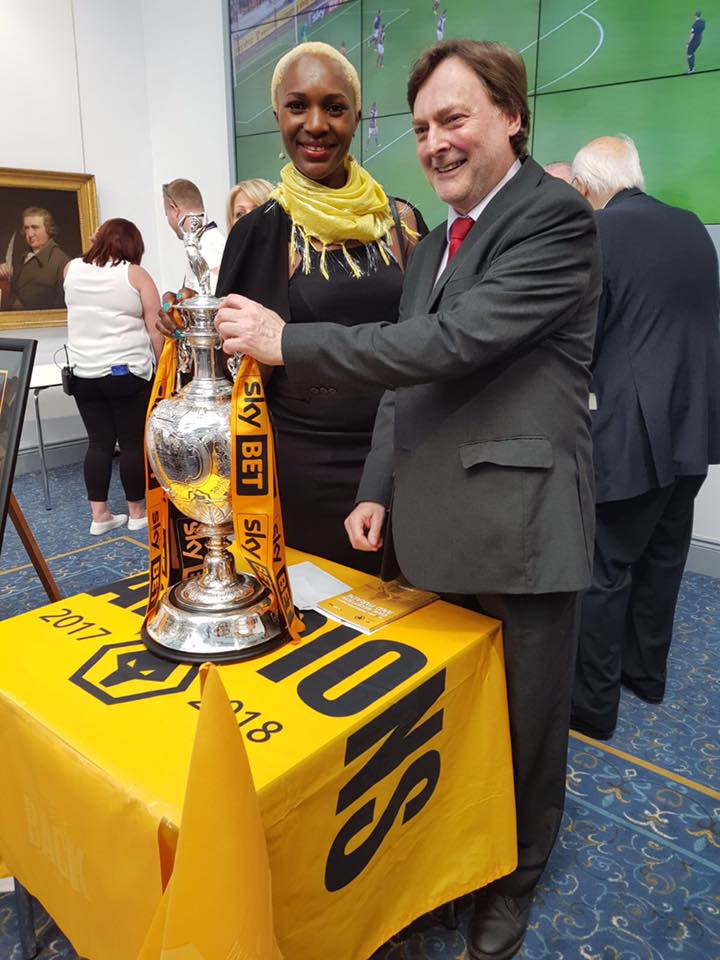
Then, I proceeded to Kebbi sate for my National Youth Service Corps (NYSC). A lot of my mates were reluctant to go far north, but I took up the challenge as I was fluent in Hausa. At this period, I had missed all my favourite Hausa food that I was used to while growing up in Jos… Immediately after my NYSC, I left the country in September 2008 to the United Kingdom to embark on my master’s programme in sports and exercise science. I’ve always played all kinds of sports and was actually the sports prefect in my secondary school but, I didn’t get enough support to further my career in sports back home because my mum wanted me to be a lawyer.
While studying in UK, I got married and began to have kids almost immediately. I was also working part time then. But one thing I couldn’t stop doing was volunteering my time in all sorts of community events or charity causes. I’d go out and run football clubs, holiday clubs, and crèches, organise parties for elderly people, join community litter picking, and support various charities. I am heavily into the Nigerian society in the Midlands trying to foster harmonious relationship among us and our host country, the United Kingdom. I’m in fact the women’s officer for the Nigerians living in Midlands.
Advertisement
TheCable: How thrilled are you about winning a seat on the platform of Labour Party?
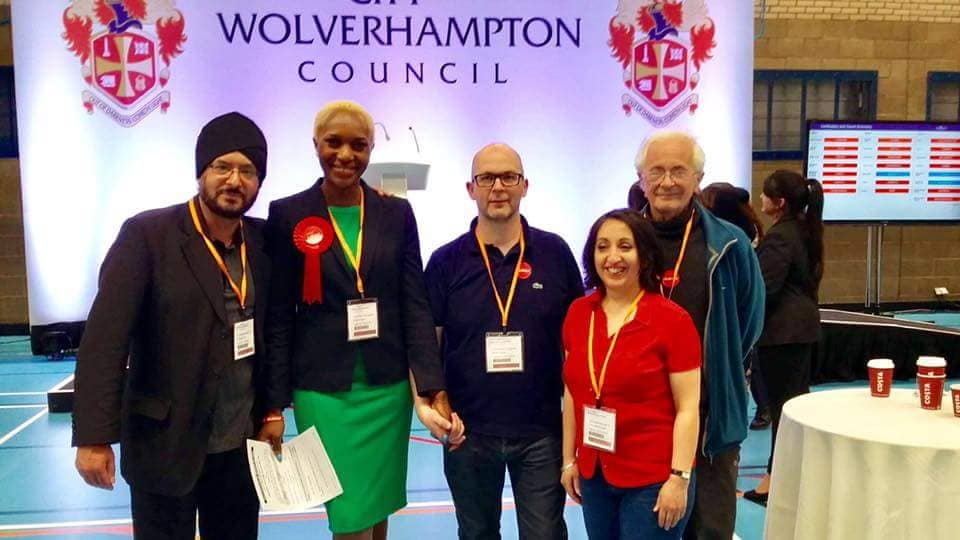
When I won the Labour Party selection to stand, I was very honoured; but deep down in my mind, I knew it was a conservative ward. So, I never initially imagined I could actually go all the way to win the election. Penn ward of Wolverhampton city is an absolutely beautiful ward and has over 80% of Caucasians who reside in it. The socioeconomic class is above average and all these characteristics usually are signs of a conservative stronghold. The seat I won on May 3 has never been held before by Labour, never mind a first time candidate who is also a black female standing against a born and bred local white male representing the Conservative Party. The odds were entirely stacked up against me.
TheCable: Can you share some experiences about the electioneering process; your door-to-door campaign and the local’s perception about your agenda?
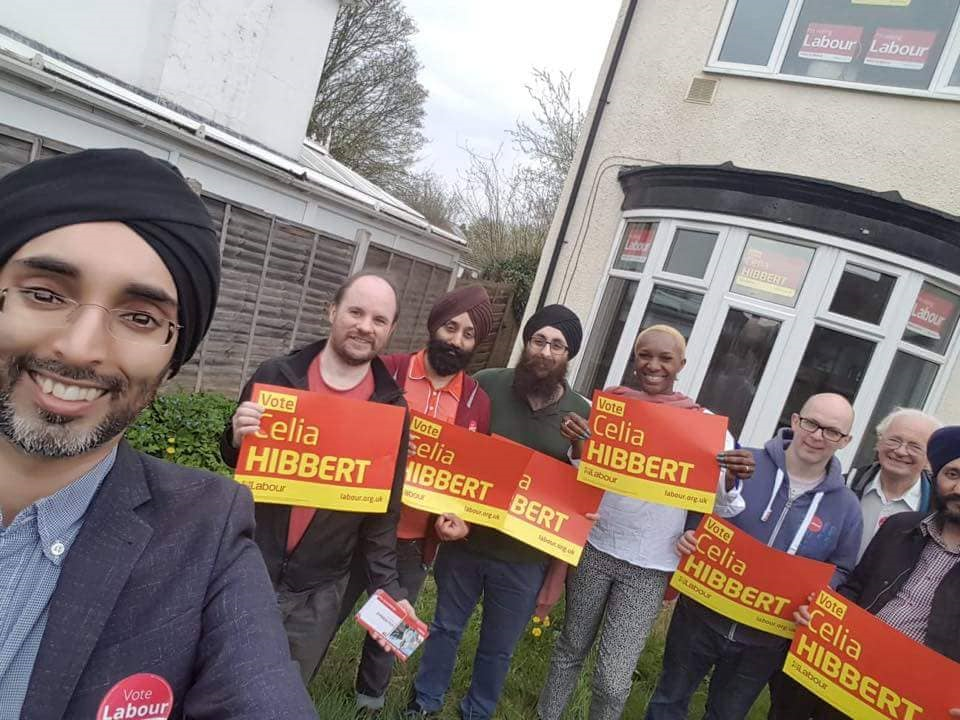
Can I say it wasn’t an easy process at all? Securing a seat was a tall order on its own. Once that was out of the way, I had to draw up a strategy on how to attempt to win. I picked an agent who is very politically astute and knew the Penn Ward very well. Then, I started building a team around me. Remember, it’s all voluntary support so a lot of managing had to go into it. I’m a people’s person and that quality of mine came in handy. We did a lot of door knocking and leafleting. I did so many public and private appearances. I spoke in some of the events and volunteered my time in lots of community activities. I made sure I was visible in Penn Ward and by the second week into the campaign, there was no question who the candidate for Penn Ward was.
Advertisement
In respect to ‘the agenda’, I had a tight message, a message of hope. Remember we are experiencing the worst form of austerity in eight years and ordinary people like me are being hit the hardest. I took this message to the door steps and challenged the electorate to consider putting ordinary people like me in those decision making positions, so that our voices can be heard. I showed tenacity, drive and absolute hard work all through my campaign. And you know what, generally, Britain is a fair country. You put the work in; you get the expected results out. So, I can comfortably say my hard work was rewarded.
TheCable: What were the challenges you encountered?
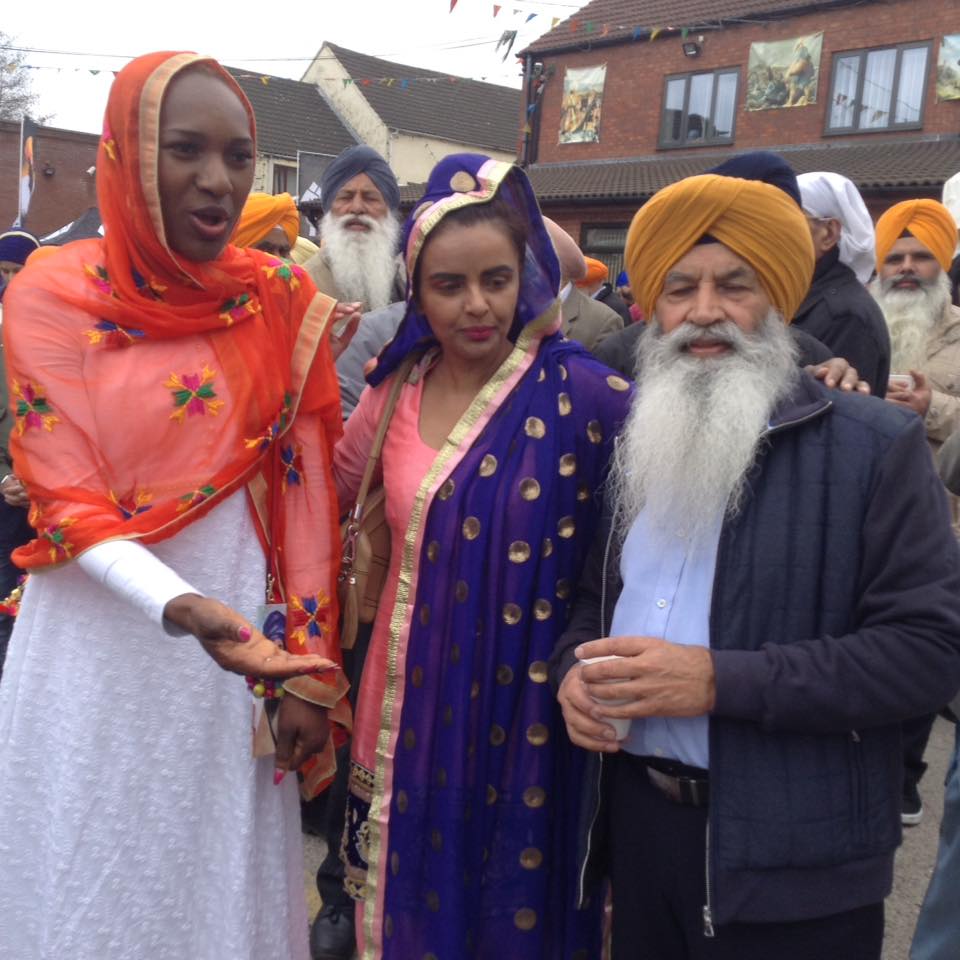
I’ve talked about Britain being a fair country right? Well, that being said, there are still some challenges black people face simply based on one’s colour. This was a big hurdle because it meant I had to work harder than my oppositions to prove a point. So, as Penn was predominantly Caucasians, majority of the doors I knocked on; I thought oh my days, will these people actually vote me instead of their own? And you see, that’s where that fairness culture comes in. They actually did. It took a lot of canvassing the doors on several occasions, showing the residents that I’ll be there serving the people if elected and I’ll champion the causes that matter to the people of Penn.
My second challenge was my gender. Even though we live in a first world society, gender-based barriers are still alive, although not to the degree of what we do have in Nigeria. A number of people still see a representative as a man; hence, giving instant credit on eligibility based on gender alone. I had a family to organize as well as campaigning – my daughters, their home works, school trips, cooking etc. I’m not suggesting my husband isn’t supportive (laughs) but as women, we like to do some of these things ourselves. I guess it’s congenital. I work in schools, so I had my day job to battle with as well. But luckily, I have a flexible work pattern, so I could fit it around my campaign schedules. It was tough but my resilience prevailed. A few times, I disagreed with my agent but we were mature enough to quickly resolve the issues and get back on track.
Advertisement
TheCable: Tell us about your journey into politics. Did you set out to be a politician right from when you were young?

Growing up, I watched my dad and mum help an array of individuals and put so much work into the community and would take us alongside with them. For instance, my dad was our Parents Teachers’ Association (PTA) chairman for almost 10 years; this was both in my primary and secondary school. My mum served her community in countless ways too. So, it’s in my DNA.
Advertisement
They were also involved in local politics. In fact, the present Imo state governor’s parents used to attend executive meetings at our house in Jos, as my dad was the chairman for Orlu senatorial zone, Jos. Rochas Okorocha is no stranger to my dad, although they haven’t quite kept in touch after everyone left Jos. Thus, I had a leaning towards politics and that became a natural progression from volunteering in the community. If you care so much about the local and global community, you’ll be left with no choice but to be political. That’s the only way to change policies. As a socialist, I then decided to formerly join the Labour Party, currently the main opposition party in United Kingdom.
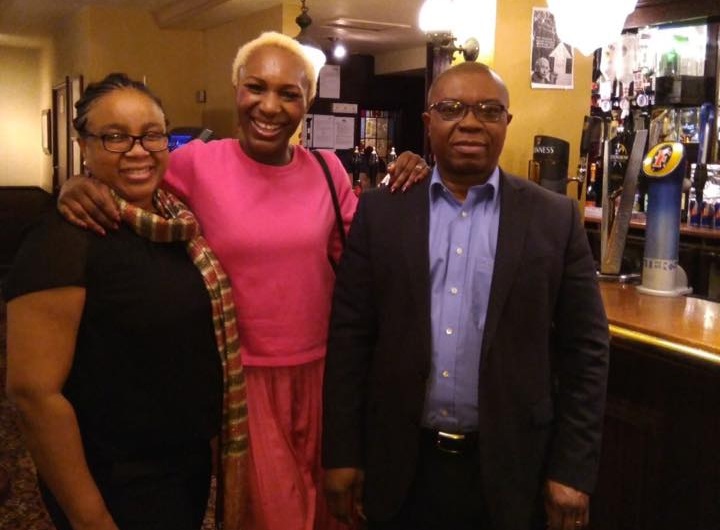
Advertisement
My immediate elder brother, Modest Osakwe, contested for Imo state house of assembly under Peoples Democratic Party (PDP) in the last election and he is going for the ticket again this time. So, you know kids watch what their parents do. It was just a given that I grew up to love volunteering, and when you care so much about the world you live in, the natural progression then becomes that you start being vocal on subjects you feel passionate about and as you know, that’s politics.
TheCable: You seem to have dedicated most of your time to volunteering; did this inform your decision to go into local politics?
Advertisement
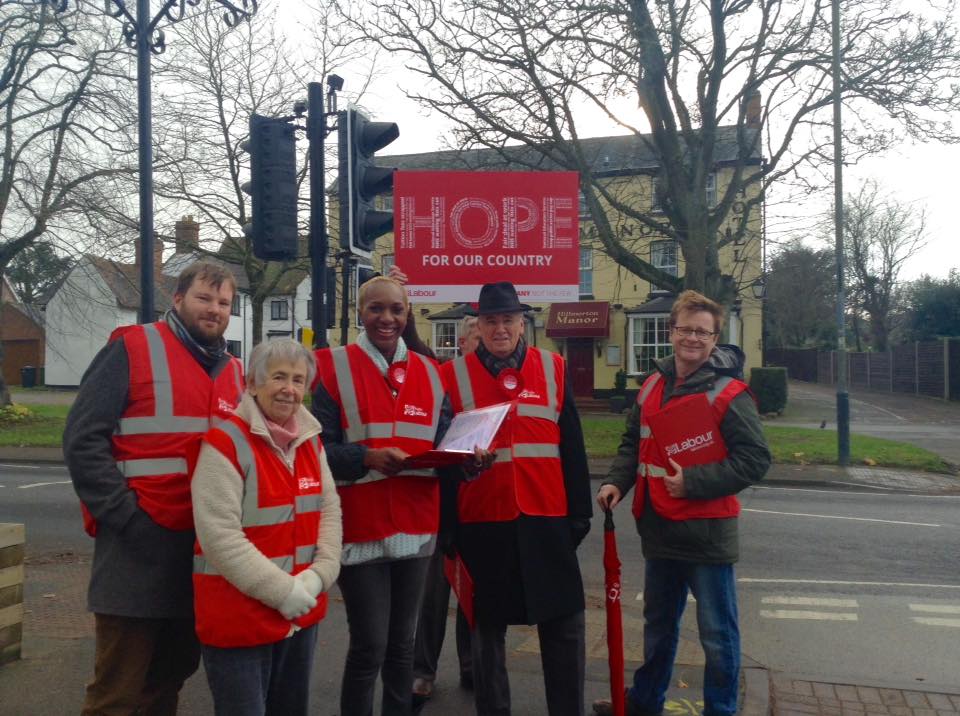
To volunteer is to serve and if serving is below you, then the truth is that leadership is beyond you too. When push comes to shove, as a leader, you need to roll up your sleeves and do the job. Volunteering is one of my hobbies. You look around and see seriously accomplished individuals volunteering their time and you ask yourself how many hours you have given to your community. If your answer is zero, I’m afraid you don’t deserve to live in a better society. This is especially to those of us who are quick to say how corrupt Nigeria is. We need to start being more proactive while demanding a better governance from our elected representatives. So, once you are a serial volunteer like me, it does normally metamorphose into some form of genuine politics like the one I’m involved with.
TheCable: Have you any intention of coming back to Nigeria to vie for political office?
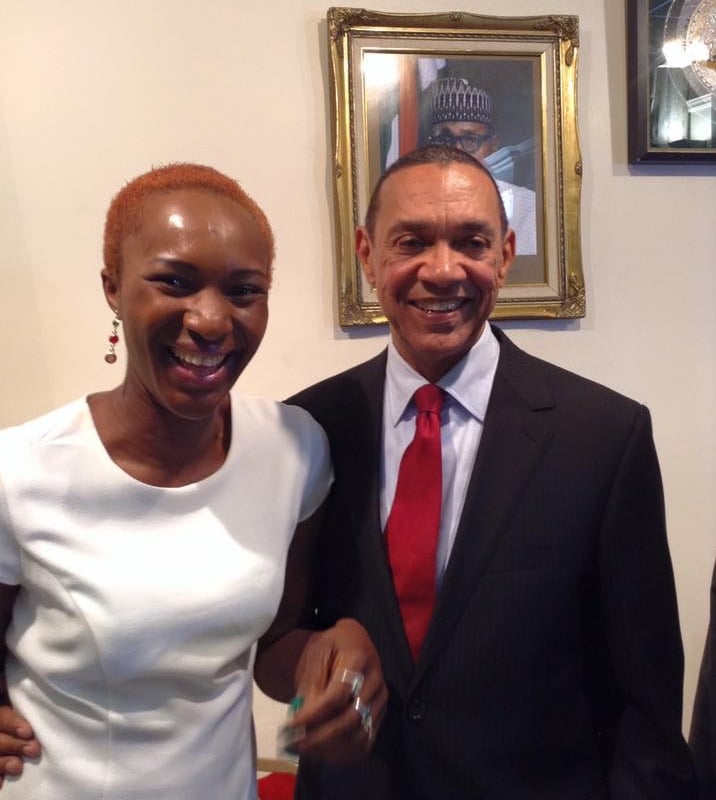
There is a saying, never say never. To be honest, I think it will be a shame not to give back my acquired expertise at some point. As a councillor, I’m lucky to sit on a few strategic committees in the Wolverhampton Council, like transport delivery Westmidlands combined authority, planning committee and children, young people and families’ scrutiny panel. So, it doesn’t necessarily need to be a politically contested election. For me, it could be sitting on some scrutiny boards or taking up political appointments – ideally, a department I can make a significant difference that can be literally felt by the people and the community.
TheCable: What core areas of development would you focus on as you begin your new role as a councillor?
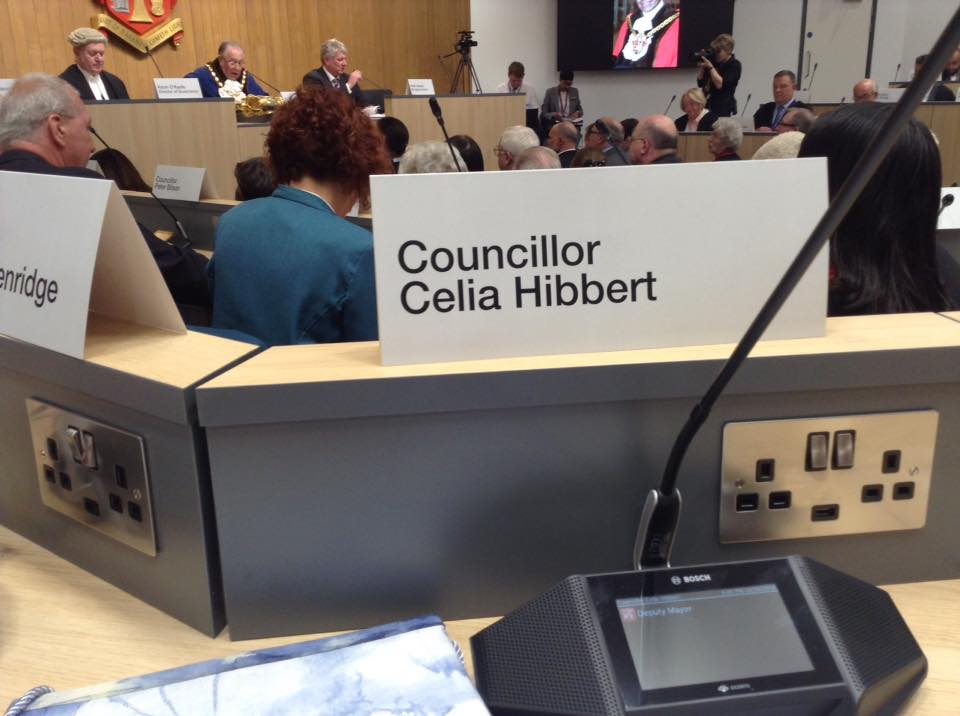
Like I said, I’m lucky to already sit on some committees in the council. So, I’ll discharge my duties on these committees to the best of my abilities. But my main drive in politics is to promote equal opportunities. It has never been more necessary that ordinary people like me could be given an opportunity to be part of shaping the world in which we all have to live in. As the Penn councillor, I’ll focus on promoting local businesses, bringing investments to Penn, working closely with my constituents and championing various issues that matter to them the most. But on the side, I’ll also be out there looking for various ways to open up new opportunities for the residents of Penn and people in the wider community.
5 comments

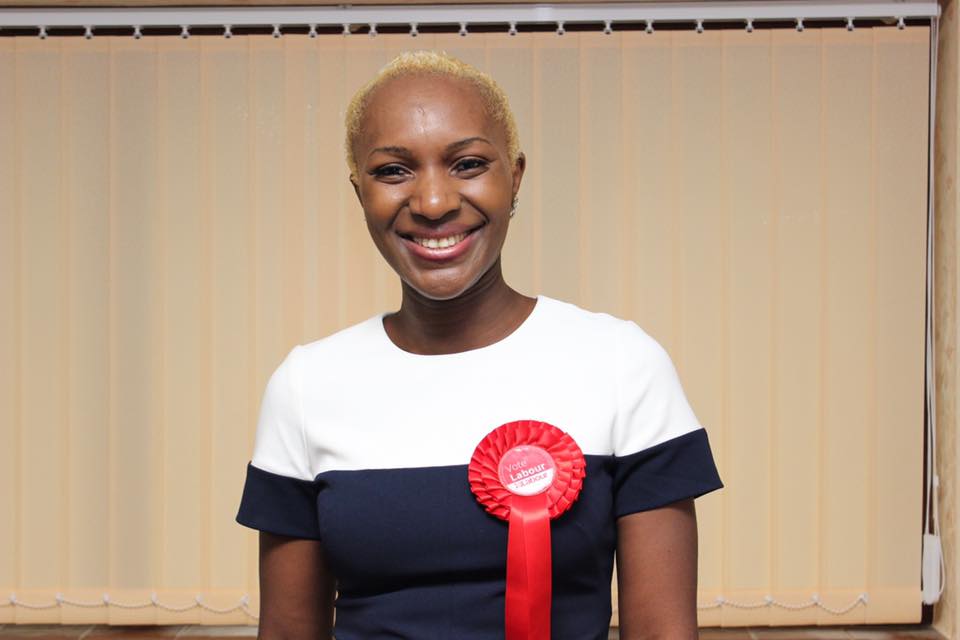




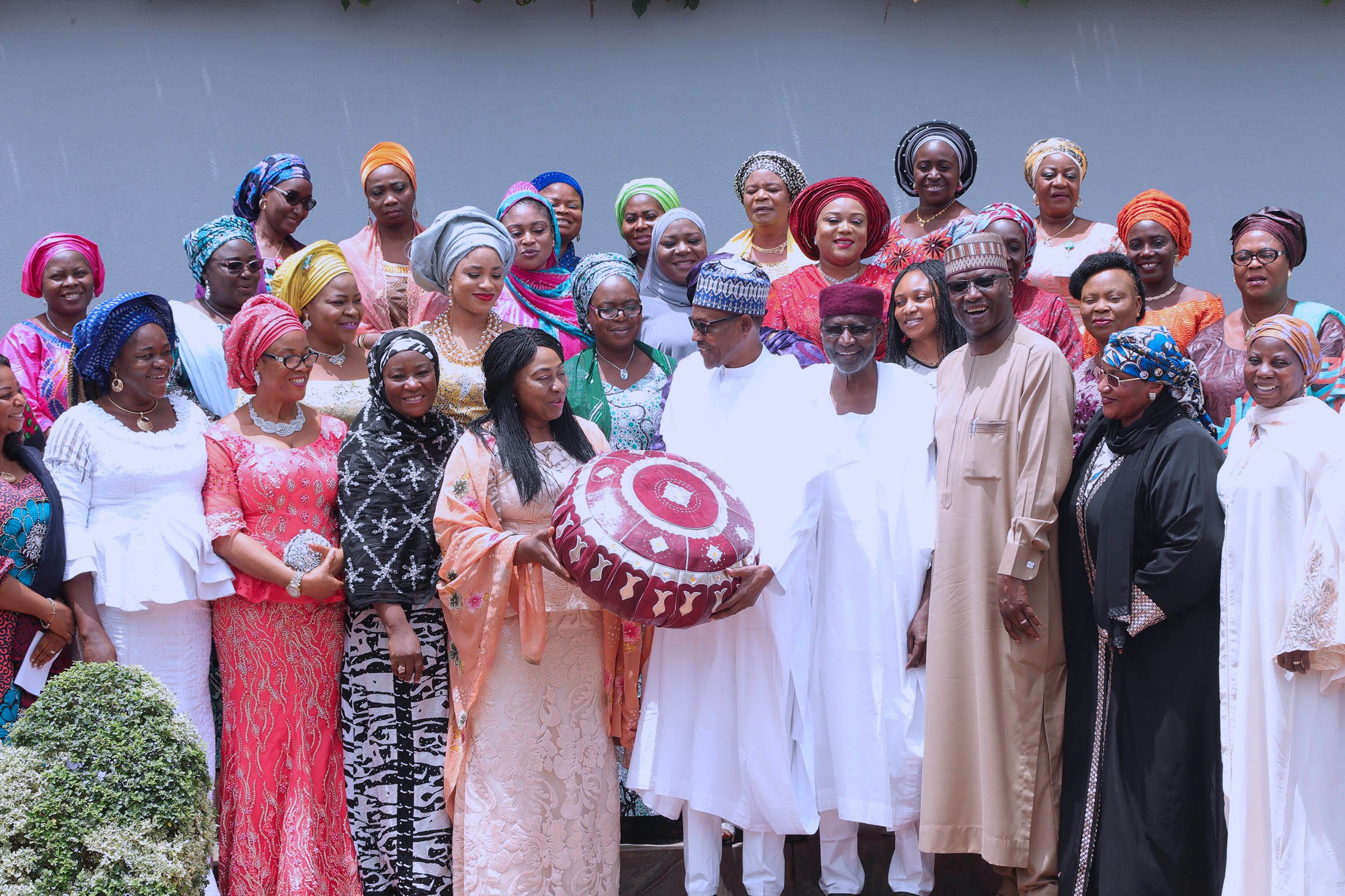

NNE,we are proud of you. Keep going.
Yes You Can. Keep the flag flying!
Keep shining.
God’s dear.
Wow! Super elated and proud of you. Greater heights ahead girl!
I am so proud of you baby girl